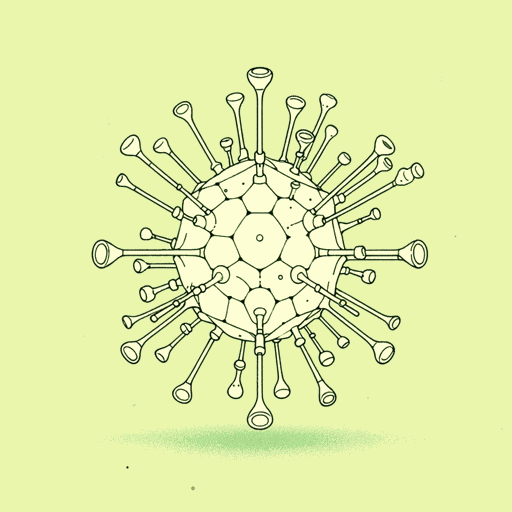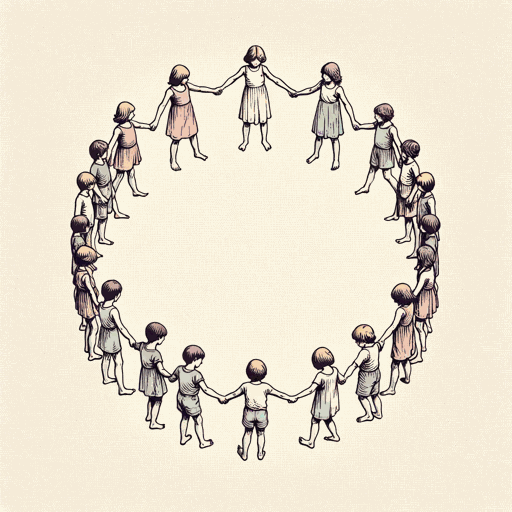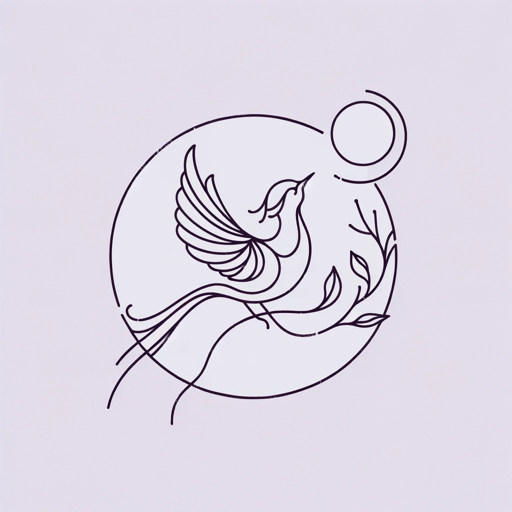35 pages • 1 hour read
Margaret AtwoodSiren Song
Fiction | Poem | Adult | Published in 1974A modern alternative to SparkNotes and CliffsNotes, SuperSummary offers high-quality Study Guides with detailed chapter summaries and analysis of major themes, characters, and more. For select classroom titles, we also provide Teaching Guides with discussion and quiz questions to prompt student engagement.
Themes
The Influence of Ego on the Perception of Helplessness
The classical hero who rises in the ranks, dominates the fields of war, and claims the seas for his own is frequently assessed—if not destroyed—by the lure of beauty: “It was Beauty killed the beast,” says capitalist film director Carl Denham in King Kong (1933). Beauty is a ruse—a dangerous distraction from practical, profitable pursuits like war and conquest. It is the animal that responds to beauty—not the thinking man—and the animal is not to be trusted in a culture which values the constructed environment over the organic. Why then, if these men are so smart, do they persist in leaping “overboard in squadrons / even though they see the beached skulls” (Lines 5-6) of their predecessors?
With the exception of Homer’s Odysseus (who, aware of the danger, made his crew tie him to the mast and stuff their own ears with wax), every mariner who leaves himself vulnerable to the siren song makes the mistake of thinking he will be the one to be different. Call it ego, call it hubris but each doomed seaman—despite concrete sensory evidence to the contrary—despite knowing the fate of every man that went before him, believes he is strong enough not only to survive, but in the case of Margaret Atwood’s poem, to be the hero who saves the helpless creature.
Related Titles
By Margaret Atwood

Alias Grace
Margaret Atwood

Backdrop Addresses Cowboy
Margaret Atwood

Cat's Eye
Margaret Atwood

Death By Landscape
Margaret Atwood

Hag-Seed: William Shakespeare's The Tempest Retold
Margaret Atwood

Happy Endings
Margaret Atwood

Helen of Troy Does Countertop Dancing
Margaret Atwood

Lady Oracle
Margaret Atwood

Life Before Man
Margaret Atwood

MaddAddam
Margaret Atwood

Oryx and Crake
Margaret Atwood

Rape Fantasies
Margaret Atwood

Stone Mattress
Margaret Atwood

Surfacing
Margaret Atwood

The Blind Assassin
Margaret Atwood

The Circle Game
Margaret Atwood

The Edible Woman
Margaret Atwood

The Handmaid's Tale
Margaret Atwood

The Heart Goes Last
Margaret Atwood

The Landlady
Margaret Atwood

